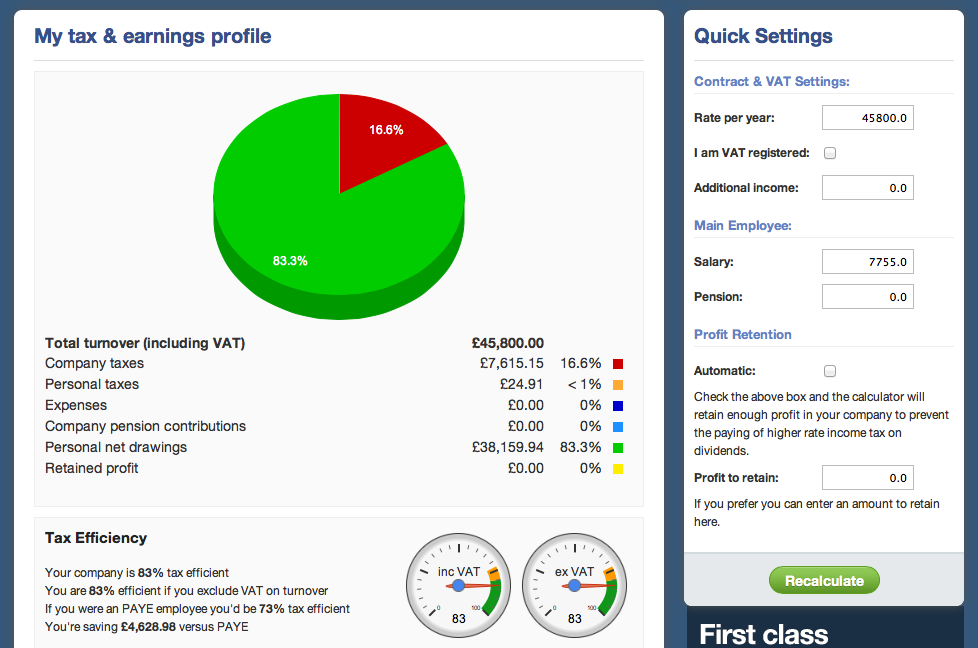Originally posted by Lambert Simnel
View Post
But I too wonder what else is wrong. If you are aggravated enough to a) question your advisor and b) sound out colleagues on the forum , then you are an unhappy client. Just because your with a major player doesn't mean you are getting value for money - does it? You have been given advice, and you can ignore it, and you could do it yourself - but if you were going to do either, why would you have employed them in the 1st place ?











Leave a comment: